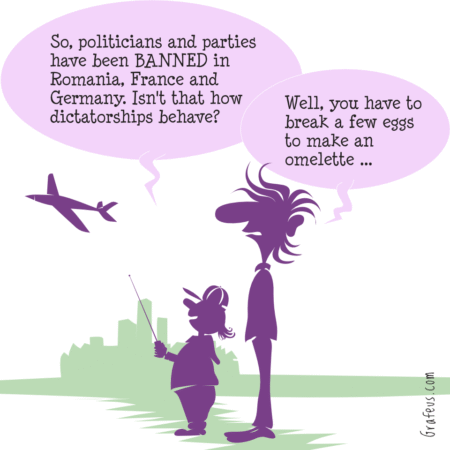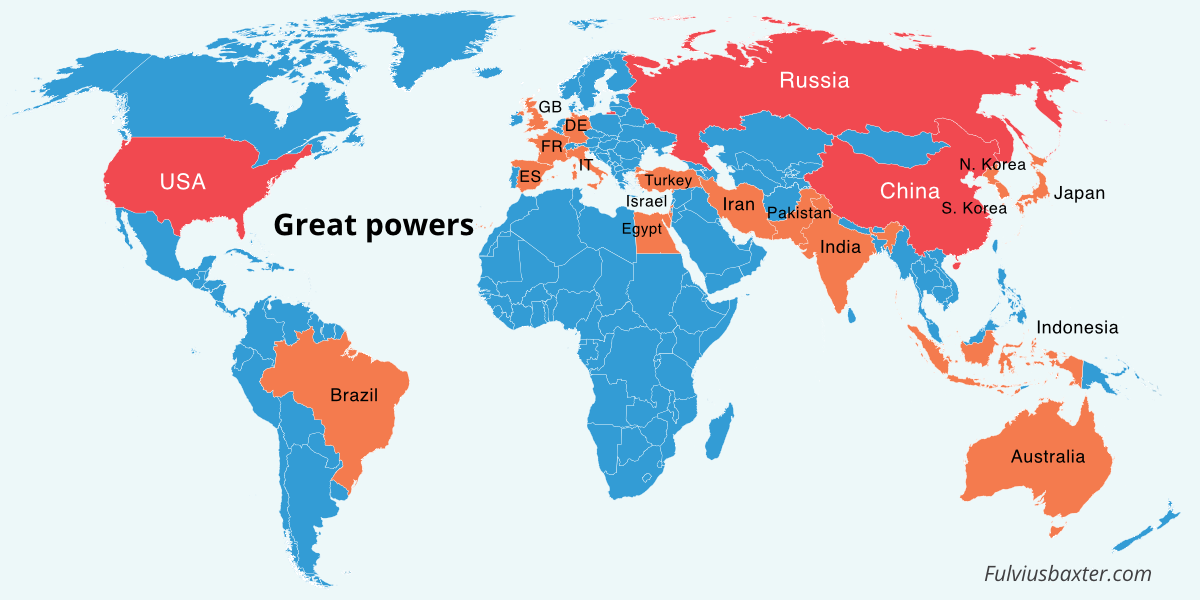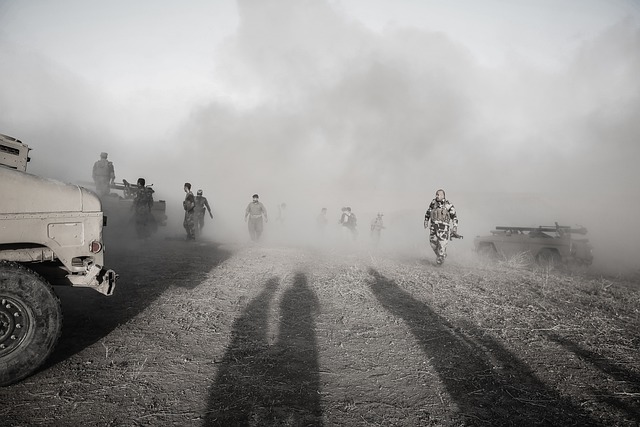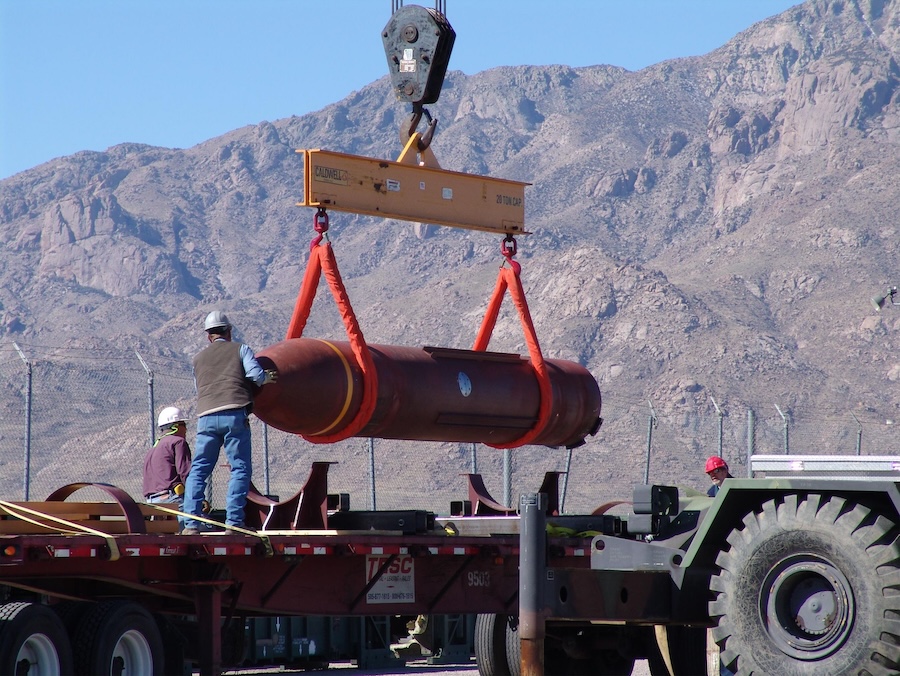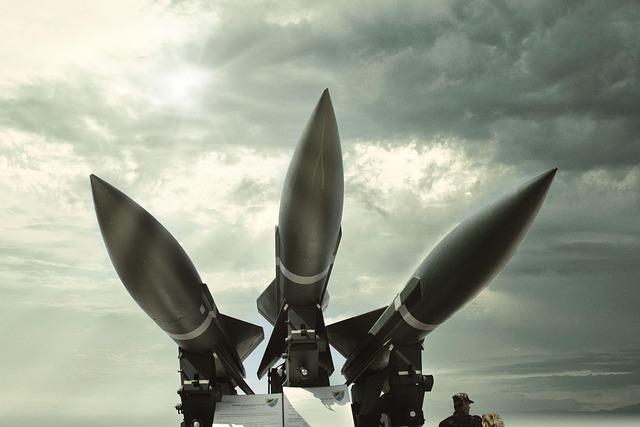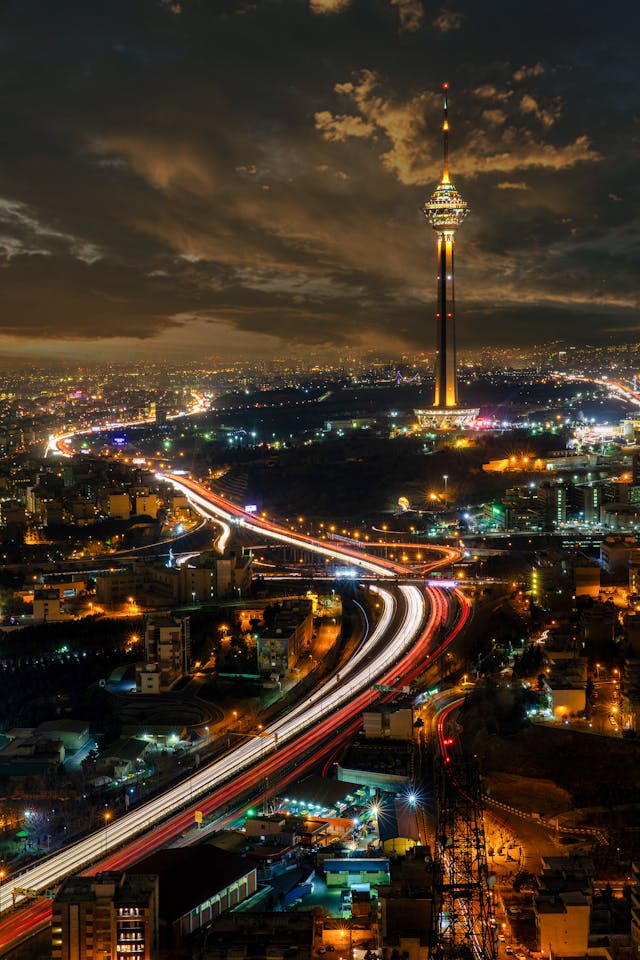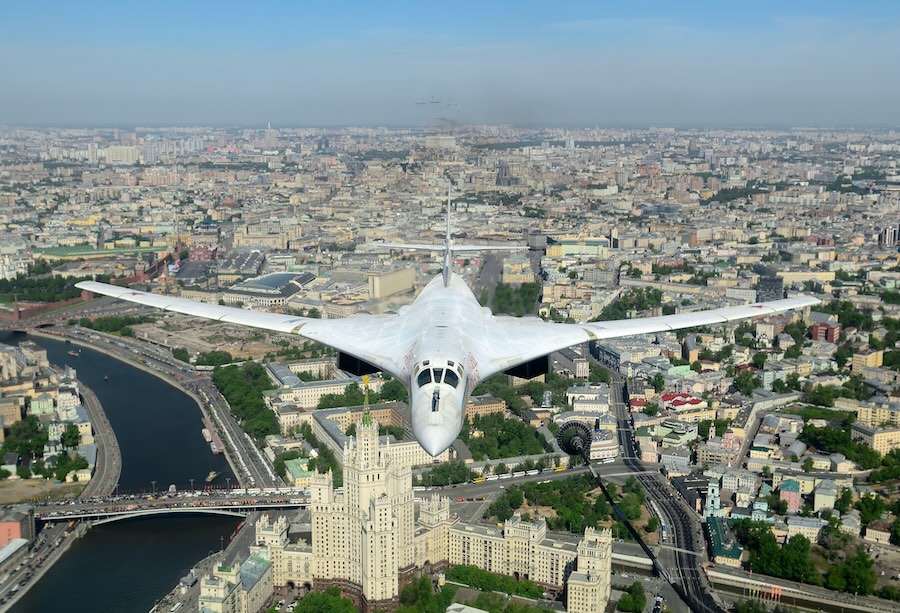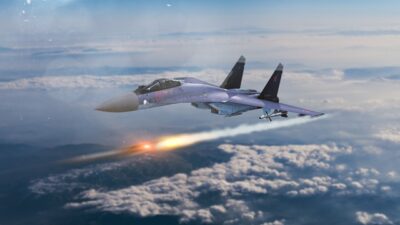 We remember the Warsaw Pact from the Cold War, where the Soviet Union formed a defence alliance with the Eastern states occupied during World War II, as well as other Red nations. Today, Russia is not formally part of a larger military alliance, except with former Soviet states, but something like that could be created in the future, as a counter to NATO and the Western alliances.
We remember the Warsaw Pact from the Cold War, where the Soviet Union formed a defence alliance with the Eastern states occupied during World War II, as well as other Red nations. Today, Russia is not formally part of a larger military alliance, except with former Soviet states, but something like that could be created in the future, as a counter to NATO and the Western alliances.
Nations are formally autonomous and make their own laws and rules regardless of what other countries think. Nations have no power over each other, there is no international law book for countries, even if the UN tries. It is the law of the strongest that applies. If any country disagrees, other countries can impose economic sanctions or, in the worst case, war.
For economic sanctions to be effective, many strong countries must be behind them, and for war to be effective, the aggressor must be sufficiently superior to win or deter.
Alone is rarely strong, so countries often form alliances with each other. The reason can be both economic or military. They simply don’t want to stand alone when threats or unrest are looming.
NATO is a military alliance formed after the Second World War as a counterweight to the Soviet Union. When the Soviet Union fell, however, NATO did not dissolve, but the alliance continued to exist, first with the old Soviet states as partners, some of them joining, then as a counterweight to the newly formed Russian Federation.
And this is where it starts to get a bit incomprehensible. And we understand that organisations feed a lot of mouths and create jobs, they are probably difficult to dismantle just by their own weight, but still.
In the 1990s we learnt that the Russians were finished as a military power, they only had old rusty boats and guns left. They were poor, clumsy and alcoholic. Several countries abolished their national conscription, including Sweden, because now there would never be another war in the East. Instead, we started importing Russian oil and trading with the old Eastern states. Huge gas pipelines were laid under the Baltic Sea, and a new East-West infrastructure was built.
But NATO remained. And more and more countries joined. Even though the threat was gone. The Russians were backward and clumsy, but good at exporting raw materials. Why did we need NATO in the first place?
For the sake of world peace, it would probably have been good if NATO had been dismantled in the 1990s. And if Russia started to become strong and rearm itself, well, then a new military alliance could have been formed. The infrastructure was already in place with the EU and the close co-operation between Western countries.
NATO can be seen as an anomaly and a provocation. Especially if you put on the Russian glasses. And provocations are often responded to.
We are already seeing informal co-operation between Russia and China, as well as Iran – China has the world’s strongest economy and Iran is a major player in the Middle East. What happens if more countries join? India, Brazil, African countries, Arab states? Soon we may start to regret that NATO was not dismantled after the Cold War?
There are many countries that could unite around Russia. And it’s not because Putin is so nice and friendly, but because there is a dissatisfaction with American hegemony.
So what is this dissatisfaction about? The most visible is that American weapons have become extremely expensive, and more and more people are questioning their effectiveness. Why not buy Russian instead? Other issues include dissatisfaction with American culture, not wanting rainbow democracy imposed on them. And a third point is about bullying, the US interfering in other countries’ political decisions and demanding that certain laws and regulations be implemented, above the heads of the people and real democracy.
So, if Ukraine, backed by NATO and its weapon systems, were to lose the war, what would be the repercussions for future alliances?
It will be clear that the US is no longer the greatest military power in the world. And those seeking protection and co-operation will turn first to the most powerful party. And even if Putin is a dictator, those who approach Russia will be spared expensive weapons systems and rainbow democracy. But what about the bullying – won’t the Russians interfere in members’ politics in the same way as the US? We do not know. Russia is a relatively untested card as an empire and a world power, and they will not have an autocratic military position like the US did in the 1990s. There are other equal partners, with different attitudes, cultures and political systems. Perhaps it will be a more divided world, for better or worse.

